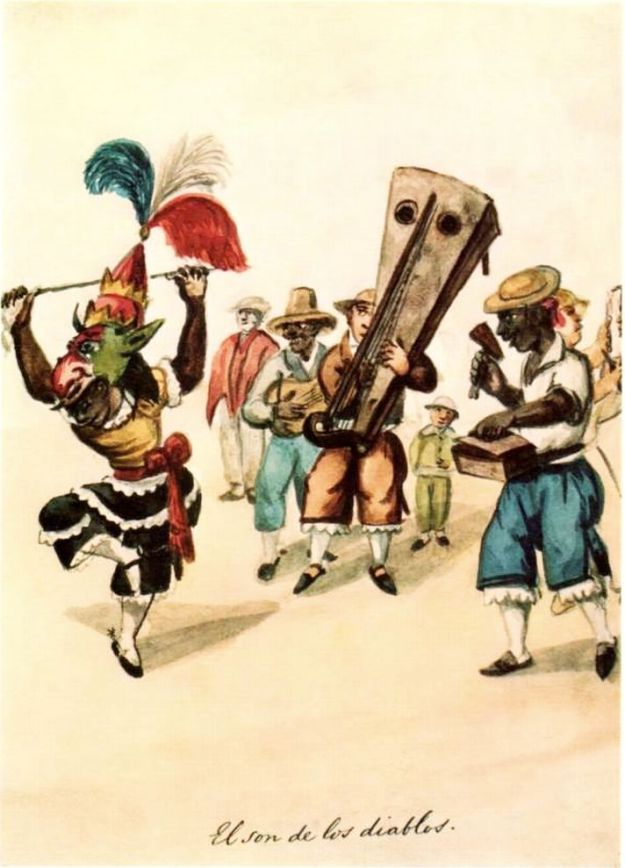
Susana Esther Baca de la Colina is a prominent Peruvian singer-songwriter and two-time Latin Grammy Award winner. She has been a key figure in the revival of Afro-Peruvian music.
In July 2011, she was named Peru’s Minister of Culture in the Ollanta Humala government, becoming only the second Afro-Peruvian cabinet minister in the history of independent Peru. In November 2011 she was elected for the OAS (Organization of American States) to be the President of the Commission of Culture for the period 2011 – 2013.
Susana speaks about her life:
I was born in Lima and grew up in a small town in Peru called Chorrillos. My father was a chauffeur for a wealthy family and my mother worked as a cook and sometimes washed clothes. In Lima we lived in an alleyway, the kind where the servants lived, off the main streets past the fancy neighborhoods. My father played the guitar. He was the official musician of the alley. Whenever there was a party they called him. He played serranitas, which are tales of the Golondrinos, people who came from Los Andes near the coast in the time of cotton-picking. My father learned the serranitas from them in his childhood. They are sung at Christmas.
I have an older sister and brother, and the three of us would sing together. My mother taught us how to dance. She’d say, “How can my children not know how to dance?” And so we sang and danced every afternoon. Later on, my mother bought a record player, which was a big event. I imitated everything. My sister enrolled in a singing contest on the radio, and we went to watch the broadcast. It left a very strong mark on me. I saw her there and felt as though that was where I wanted to be. My brother made me a stick with a can on the end which was the microphone. People came and we put on a show. I would drop anything for music.

Susana Baca
I tried not to become a professional singer, mainly for my mother’s sake. She thought I wouldn’t be able to earn a living. That’s my mother’s image of musicians. My mother told me many stories about musicians who were not famous like Felipe Pingo, a renowned musician and composer who died of tuberculosis. She said, “This is the destiny of my daughter,” and she pushed me to become a teacher. I liked studying to be a teacher; I dedicated myself to being a singer later. When I first met my husband, Ricardo, I was active as a musician, but everything moved so slowly. I dedicated myself to music, and couldn’t devote myself to looking for work or figuring out how to record an album.
I thought that if I worked hard enough, I’d find someone who was interested in working with me. I realized, after many years, that no one was interested in what I was singing, which was poetry. I was black, singing black music. It was a big problem. In Peru the black population is very small-you find mixed people, like me, or even lighter. But as a culture it is present everywhere. And another thing: blacks also segregate themselves. By class or by skin tone. I’ve heard my aunts say, “Marry someone lighter, even an Indian, so that your children will have hair they can comb.”
I would like to be remembered for my voice, of course. But also for helping to spread the music of my ancestors-all those people who were never recognized for their work or for their beautiful culture.
A lovely (very compact) collection of Susana’s songs are in the floodlights tonight. Seemingly simple and uncomplicated but full of emotion and many feelings.

Track Listing:
01 La Canoa
02 Resbalosas
03 El Fusil del Poeta
04 Harawi
05 Los Lagartos
06 Un Cuento Silencioso
∞





